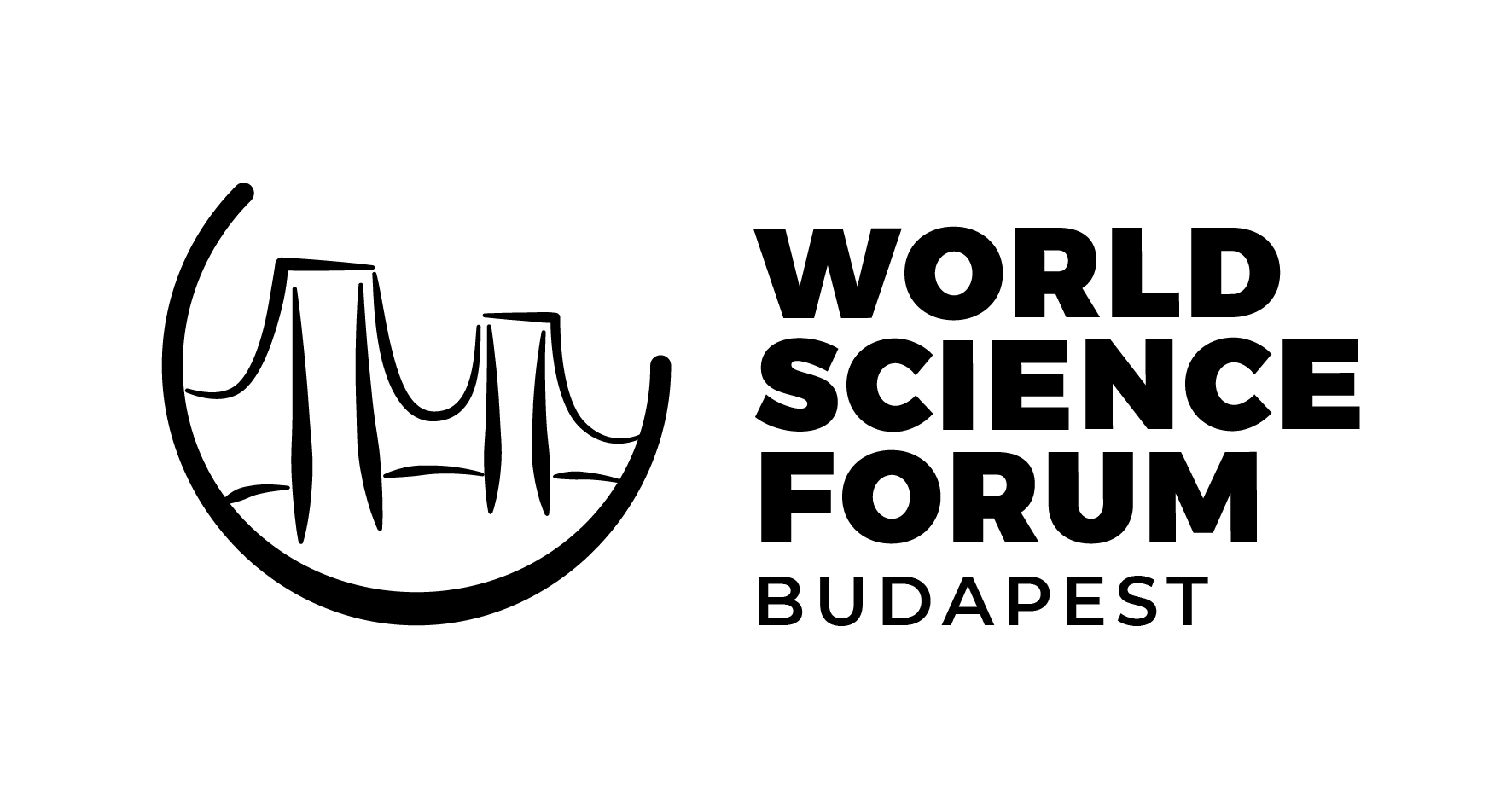Programme / Parliamentary Session: Reforming Science Eco-systems: what works, what is missing, how we can do it better?
‹ back to Programme listerDay
Saturday / 23 NOV
9:30 - 11:00
Summary of the session by session rapporteur Dr Gergely Toldi, Co-Chair, ECR Forum Committee, Royal Society of New Zealand:
As moderator of the parliamentary session, Peter Gluckman set the tone for the panellists’ contributions and the subsequent discussion with a list of questions: Science is changing, and the role of science in the world is changing. How do we embed science more effectively in decision making? Science eco-systems are boundless: they vary by context, history, and economy in any given area.
We have created two industries: one for the production of knowledge, and one for metrics and assessing performance, intertwined with the publishing industry. What if each scientist would only have the licence to publish two papers per year? Would this improve the quality and impact of their research?
Taking the increasing involvement of the AI industry in science as a given, what will AI do to the science eco-system?
Minister Azzedine El Midaoui, Minister from Morocco reported that Morocco is committed to nurture scientific excellence and foster higher education and scientific innovation. Research & Innovation is at the forefront of Morocco’s governmental priorities. Medical biotechnology, AI, water science and partnerships between universities and industry are key strategic points.
Patricia Gruber expressed her conviction that Science & Technology will drive the future of economic prosperity. Political tension and predatory journals, among many other threats, can threaten the integrity of science. Value systems are also threatened internationally. The inappropriate acquisition of technology, data and information undermine the promotion of science. Therefore, research collaborations need to be assessed from the security point of view and de-risked. This can be achieved through guidelines and training in research of security. Safeguarding integrity and transparency are a shared international responsibility.
Science policy and diplomacy is more important than ever in this changing environment. The US is supportive of growing public partnerships and bottom-up science initiatives. The public is more engaged with science than ever before. The science community needs to take more responsibility to better communicate and build trust. Policy makers and scientists need to be in constant communication, not only when there is a crisis.
Lidia Brito, representing UNESCO, explained that building trust in science by creating transparent, inclusive and open systems, as well as to rebuild confidence in science and encourage critical thinking in society are key priorities for UNESCO. The 2021 UNESCO recommendation on open science is being adopted by more and more countries – but there is a need for an even broader implementation.
Current gaps are: uneven funding and distribution of resources of science worldwide; language barriers; persistent gender gap in science; disparities in knowledge and technology between nations. These gaps undermine the human right to science. The right to be part of knowledge production is a human right.
There is a global consensus that sharing outcomes of science is not enough. We need to democratise decision making using science. Science-policy-society dialogue needs to be strengthened when traditional diplomacy falls short. Science diplomacy needs to be championed as a tool for peace. UNESCO is committed to support the next generation of science diplomats.
AAAS CEO Sudip Parikh stressed that this is an extraordinary time for pace of innovation. Science infrastructure has moved from governments to industry, e.g. AI data farms are hosted by private companies. Past structures of the science eco-system have therefore become irrelevant for today’s science. We need to build what comes next as a generation, we cannot rely on the structures of the past.
The new vision for US Science & Technology relies on people, the infrastructure in industry, and diverse sources of funding, e.g. philanthropy. This needs to be expanded around the world.
Are we delusional about the value of science and its role in humanity? Our generation needs to rebuild structures of science in a realistic and optimistic manner. The values of openness and integrity need to be carried forward. The power of science is to make scarcity go away.
GYA Co-Chair Priscilla Mante remarked that the definition of effectiveness of a science eco-system is not universal, it depends on how success is defined. The current system rewards incremental and redundant research rather than transformative science. Therefore, we need to ask not only what works in science, but also for whom and under what conditions, in order to serve not only just a select few, but all humanity globally.
Despite advances, inclusiveness and equity are still missing in science, particularly for early career researchers (ECRs). They face challenges by limited funding and outdated infrastructure. ECRs are also underrepresented in decision making. The composition of decision-making bodies needs to be enhanced to better reflect diversity. Equity needs to be built into the science eco-system beyond surface-level representation. We need mechanisms to measure impact in science diplomacy.
Welcome:
Moderator:
Speakers:
- Azzedine El Midaoui, Minister, Ministry of Higher Education, Scientific Research and Innovation of Morocco
- Patricia Gruber, Science and Technology Adviser to the Secretary of State, U.S. Department of State
- Lidia Brito, Assistant Director-General for Natural Sciences, United Nations Educational, Scientific and Cultural Organisation (UNESCO)
- Sudip Parikh, CEO, American Association for the Advancement of Science (AAAS)
- Priscilla Mante, Co-Chair, Global Young Academy (GYA)
